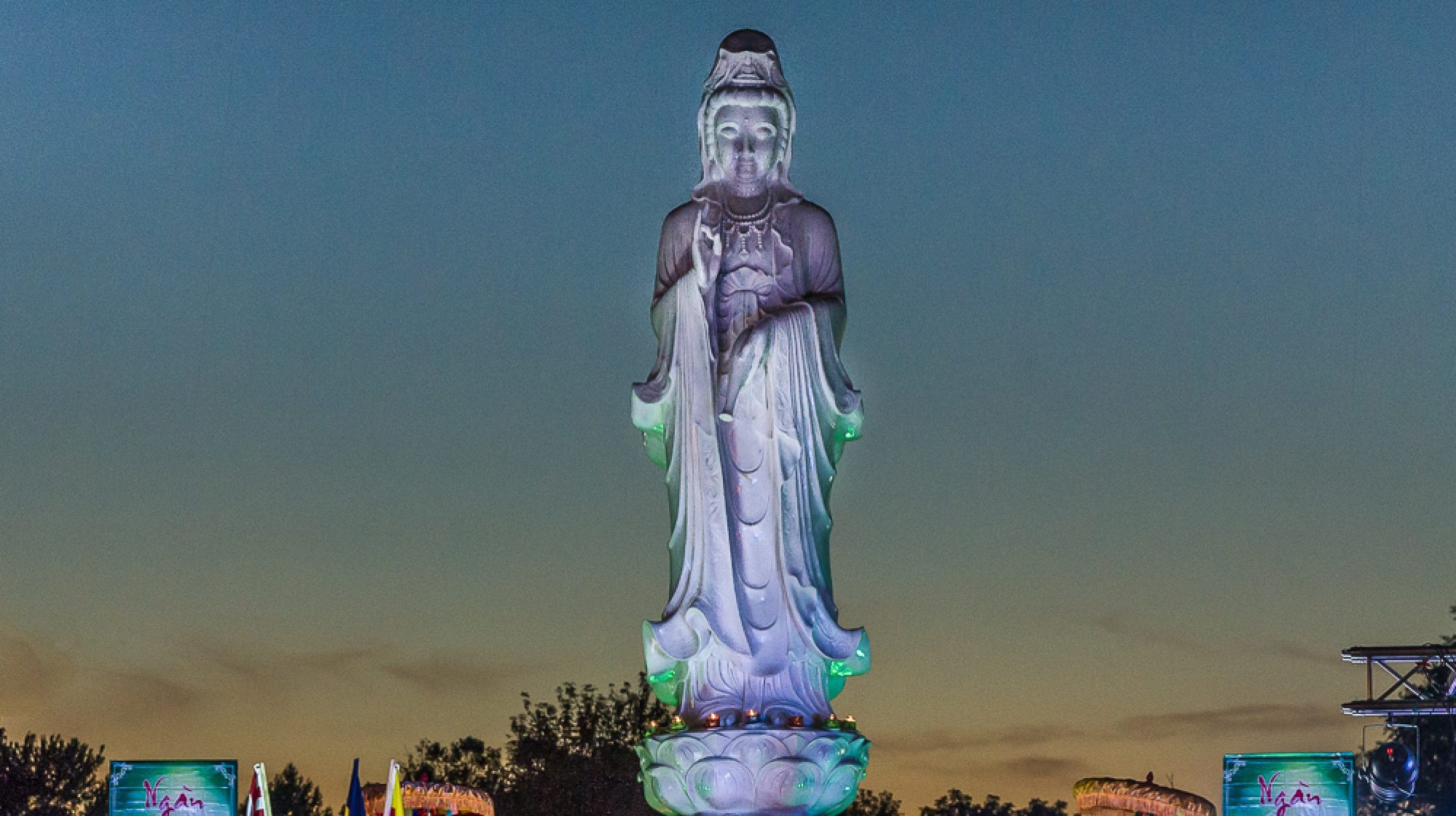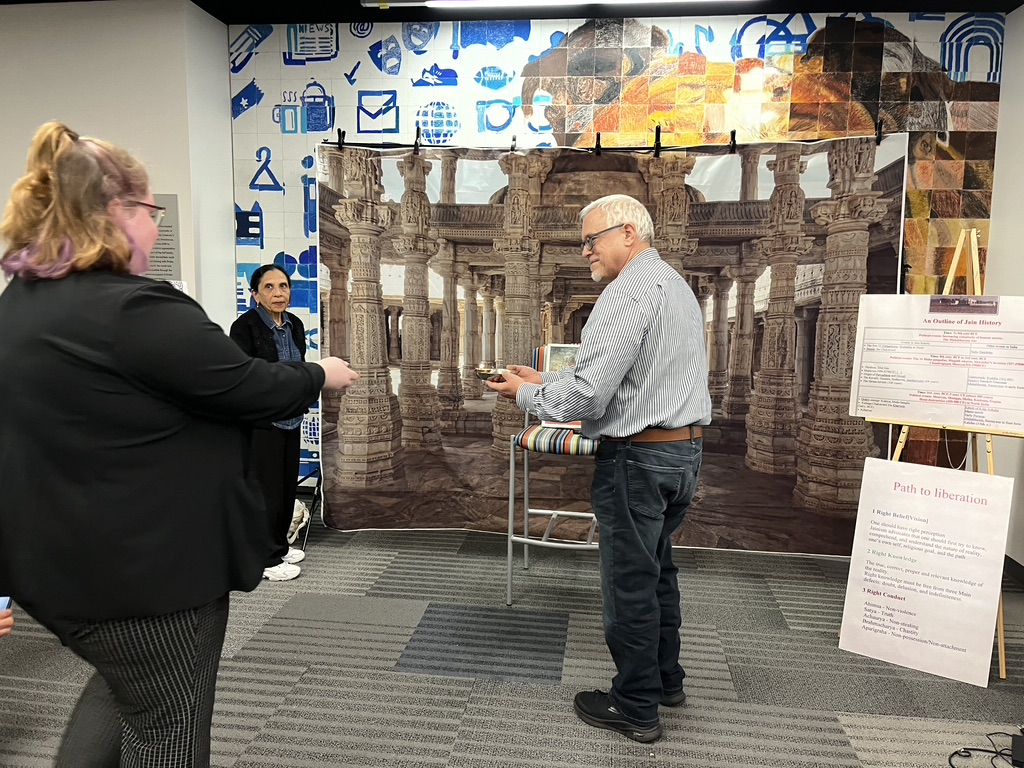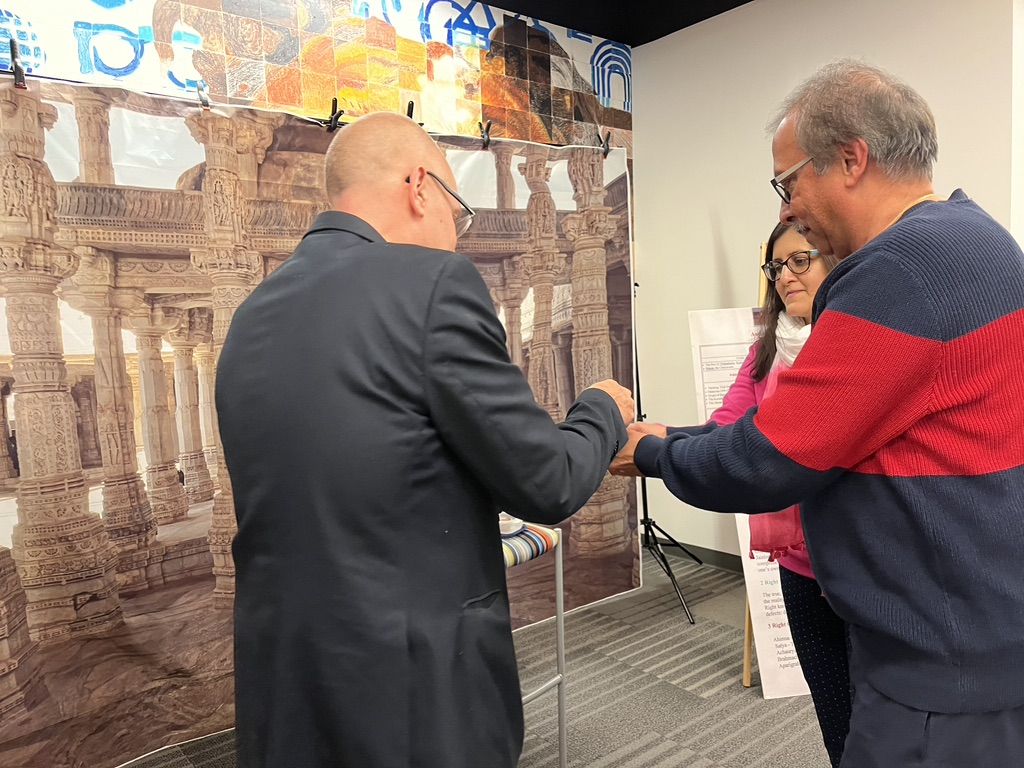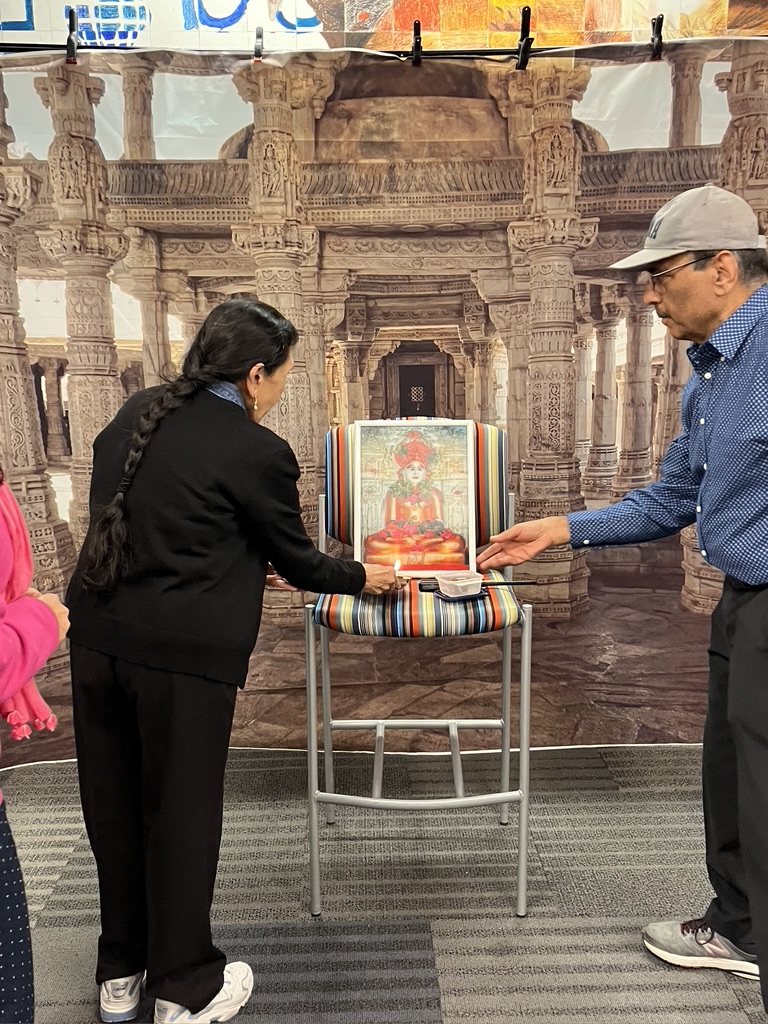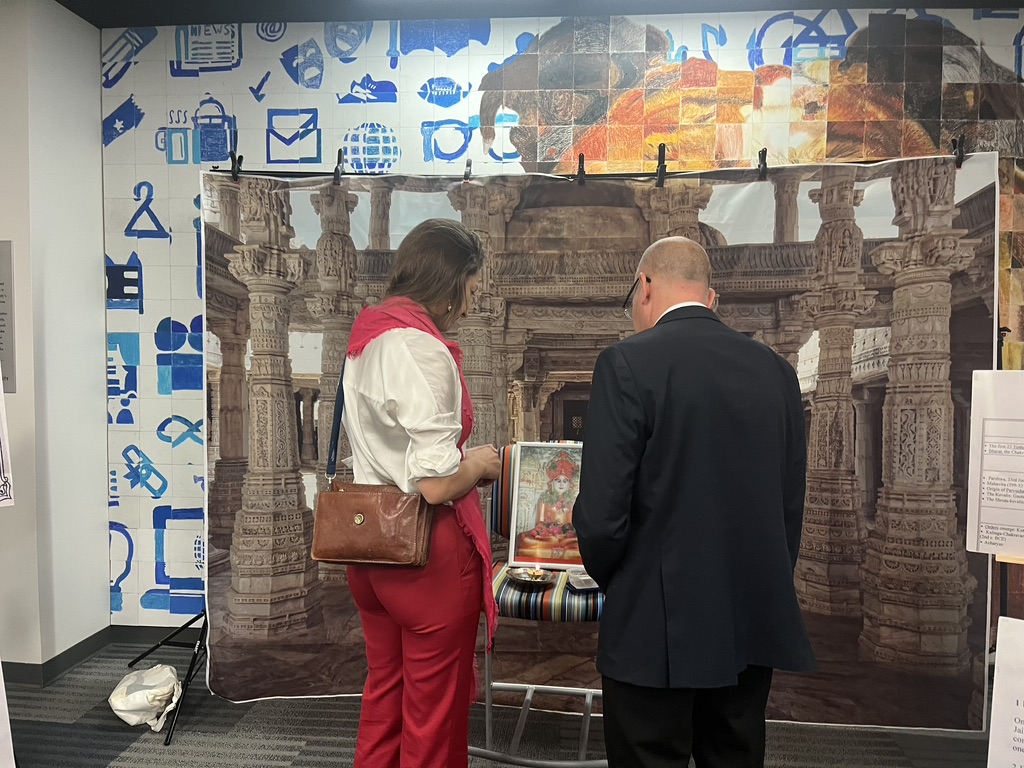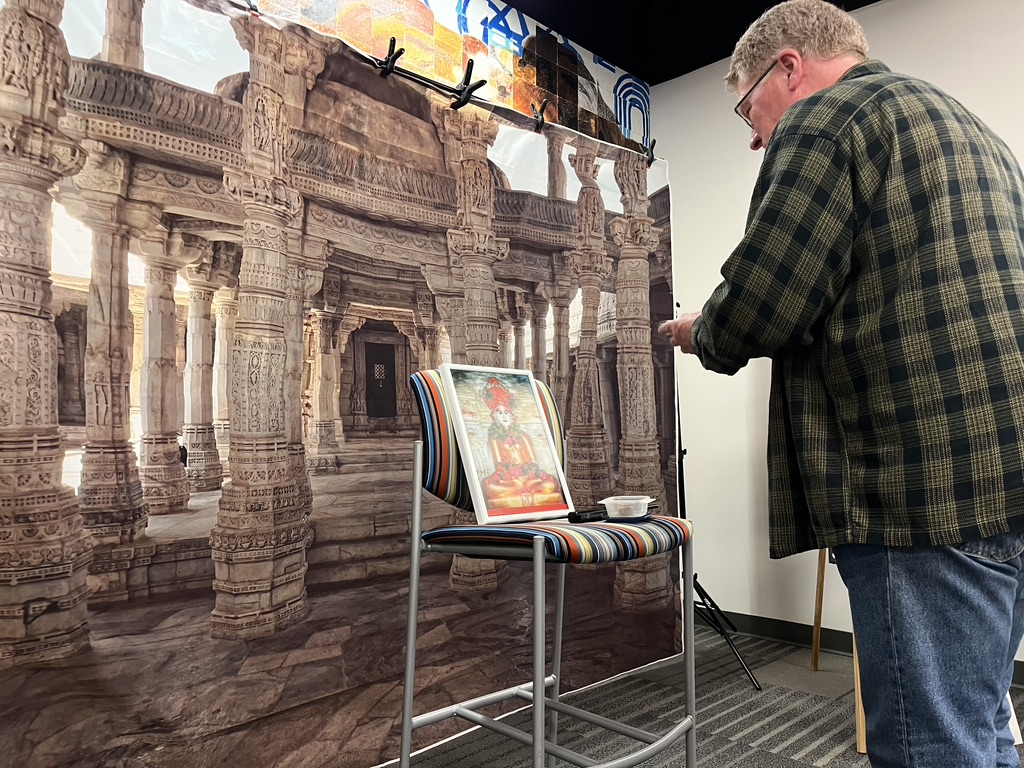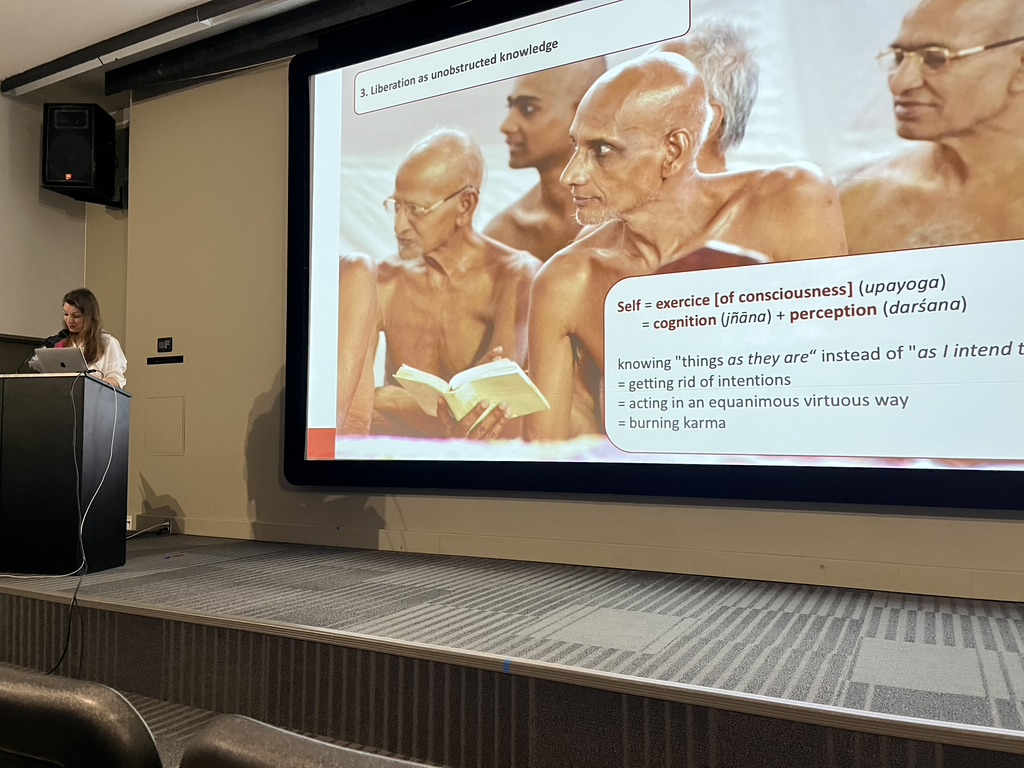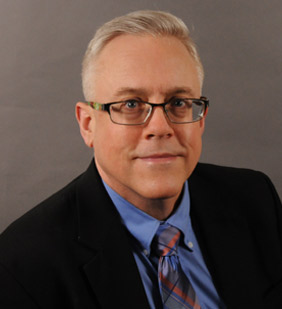
James “J.” Hughes Ph.D. is a bioethicist and sociologist who serves as the Associate Provost for the University of Massachusetts Boston (UMB), and as Senior Research Fellow at UMB’s Center for Applied Ethics. He holds a doctorate in Sociology from the University of Chicago where he taught bioethics at the MacLean Center for Clinical Medical Ethics. Since then, Dr. Hughes has taught health policy, bioethics, medical sociology and research methods at Northwestern University, the University of Connecticut, and Trinity College. Dr. Hughes is author of Citizen Cyborg: Why Democratic Societies Must Respond to the Redesigned Human of the Future (2004) and is co-editor of Surviving the Machine Age: Intelligent Technology and the Transformation of Human Work (2017). In 2005 Dr. Hughes co-founded the Institute for Ethics and Emerging Technologies (IEET) with Oxford philosopher Nick Bostrom, and since then has served as its Executive Director and Associate Editor of the Journal of Ethics and Emerging Technologies. Dr. Hughes speaks on medical ethics, health care policy and future studies worldwide.
Our tendency to attribute enduring, even eternal, existence to transitory and insubstantial phenomena is at the root of our psychology and our theology. This tendency leads us to see gods in nature and souls in people. Attributing essentialized binary genders to ourselves and the world is another attributional error when sexual dimporphism is an evolutionary accident and our gender identities are malleable.
The Enlightenment philosophes started deconstructing these commonsense assumptions, and Enlightenment empiricism has challenged the existence of God, essentialized genders and the self. As these pre-scientific ways of seeing the world erode, the systems of power invested in their perpetuation are fighting back, for theocracy, patriarchy and “human nature.” The transgender and nonbinary movements are battlefronts because they advance the Enlightenment claim that technology should be used to adapt nature to the service of the liberal individual, a subject that transcends race, class, sex and gender. Freeing the liberal individual from biological constraints is also the goal of transhumanism’s campaign for morphological freedom. The opponents of morphological freedom assert an inviolable human nature, and believe it will be catastrophic and suicidal for humans to take control of their own evolution.
The central Buddhist insight is that liberation requires the deconstruction of all essentialized identities however, including the liberal individual. The final challenge to the Enlightenment’s transcendentalized individual is the accumulating evidence that there is no self and no soul. The Buddhist challenge isn’t to “save souls,” but to ask what we are trying to change into, what aspects of our self-centered natures we are willing to let go of in order to become better people. Can we imagine a collective transcendence for the human project into an increasingly long-lived, peaceful and prosperous future using both Skillful Views (social and psychological transformation) and Skillful Means (technologies of transformation)? Gender fluidity and moral enhancement technologies suggest how we may change “human nature” while technoprogressivism is the attempt to give this project moral and political shape.
Here is James Hughes’s lecture and powerpoint:
And here is Seth Villegas’s response to James Hughes’s lecture:
